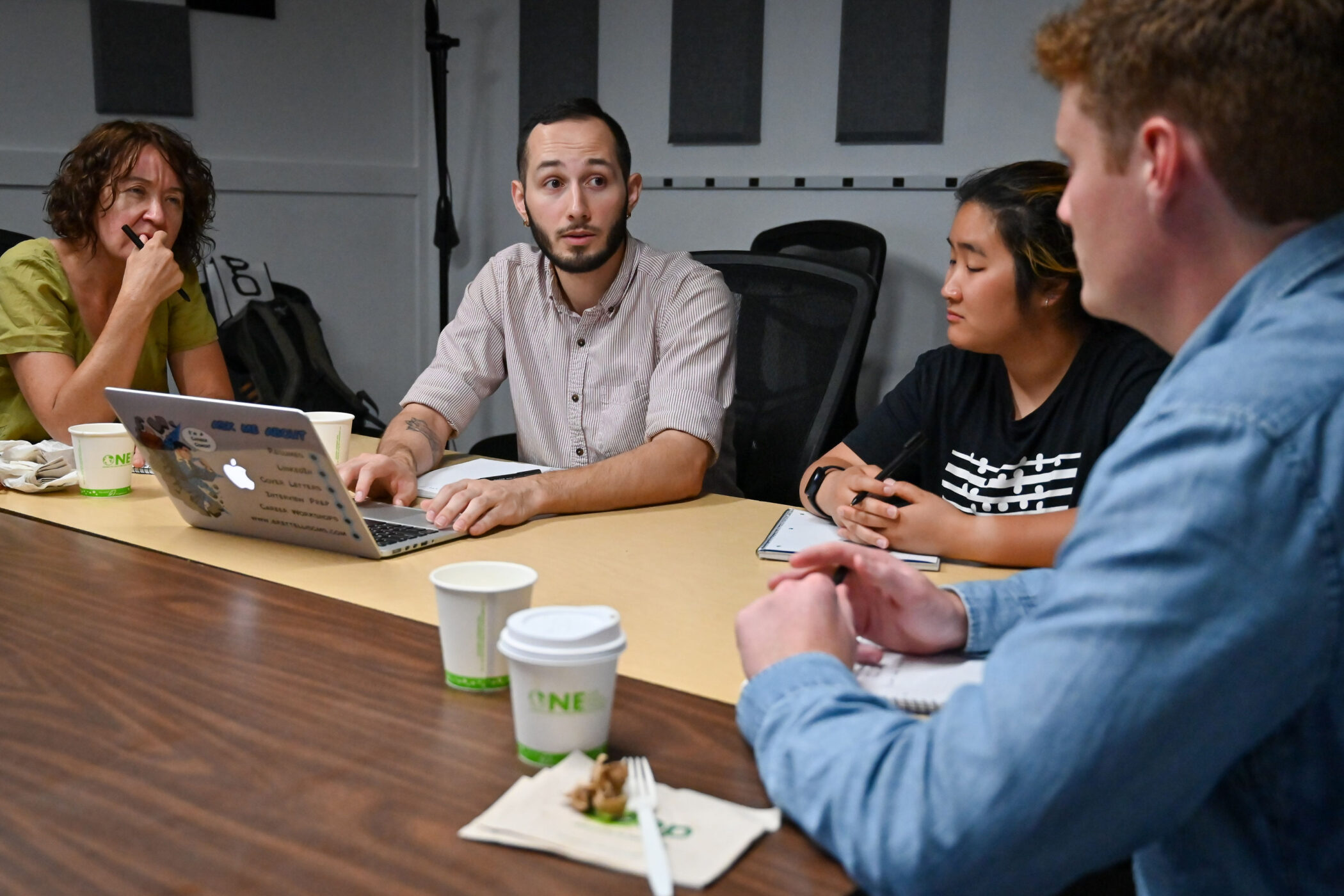Three key takeaways for rural tech-based economic development
From our work in dozens of rural communities across the U.S. — from Wasilla, Alaska, to Nacogdoches, Texas — we’ve identified three takeaways for successful tech-based economic development.
Tech-based economies can drive sustainable growth for years. Jobs in tech are high-paying, high-growth, and act as a multiplier for community development and generational wealth. For rural regions facing continued and disproportionate economic challenges, sustainable and impactful development is crucial.
For rural communities looking to participate in the tech sector, a technology-based economic development (TBED) assessment can be a useful tool to evaluate a region’s current economic growth and its unique place-based opportunities for the future.
From our work in dozens of rural communities across the U.S. — from Wasilla, Alaska, to Nacogdoches, Texas — we’ve identified three takeaways for successful tech-based economic development:
Most communities already have what they need to succeed
Innovation is not only possible in rural America — it is already happening in communities across the country if you know where to look.
When we complete TBED assessments, we often find critical building blocks for a tech ecosystem already exist. Small indicators can have a huge impact when building a tech economy.
Take, for example, Indiana, Pennsylvania. Our assessment revealed a strong local commitment to education. The development of a STEM high school and the training programs from the local higher education institution were not only major indicators of a budding tech economy but were already naturally bringing together people who were interested in growing their tech skills or wanted to share the expertise they had.
The region had foundational elements it needed to formalize tech skilling programs and to create opportunities for employment in the tech economy, it just needed to recognize where they were.
Collaboration is the key to success
In order to build equitable and inclusive growth, diverse voices must have a seat at the table and be ready to buy into making that growth a reality.
As part of our assessment process, we go beyond connecting with formal roles like economic developers or elected officials. We make a point of learning from job seekers, employees at local institutions like hospitals, and local tech entrepreneurs.
By bringing together these different voices, in combination with economic metrics, new insights and opportunities often emerge.
In Cookeville, Tennessee, the region lacked awareness about immediate opportunities to drive economic growth. The assessment revealed that there was a large number of local angel investors as well as a growing number of tech entrepreneurs. However, the investors had limited experience in tech startups, and the tech entrepreneurs didn’t know the capital existed.
By bringing these stakeholders together, we were able to build crucial connections for economic growth and formalize future collaboration.
There’s no one-size-fits-all approach to tech-based economic development
Rural communities are multidimensional places with diverse populations and unique histories. Although each faces its own set of challenges and barriers when developing a tech economy, we’ve also found that every community has unique characteristics that will allow it to build a tech economy that meets its unique needs.
For Marquette, Michigan, a longstanding commitment to recreation and the region’s natural beauty helped the local team develop a unique approach to building a tech economy.
During the assessment, a local leader shared, “I think there’s an overlap between the outdoor industry as a sector and tech and innovation as a strategy. And within that, I think you’ll find the other industries’ taste for things like sustainability and equity and access and opportunity are a really good fit for the Upper Peninsula. We just need to figure out exactly how we’re defining it.”
By identifying the community’s unique economic opportunities and strengths we were able to help Marquette build programs that fostered economic growth in a way that felt true to the region.
Ready to start building your community’s tech economy?
To jumpstart building an economy that is tailored to your region, start to think about these key questions:
- What makes my region special?
- Who might already be supporting entrepreneurs in my region?
- Where are people already finding jobs in tech?
Finally, our team is here to help. Get in touch today to talk with our experts. We can help you think through who else needs to be at the table and discuss what might be possible in your community.


